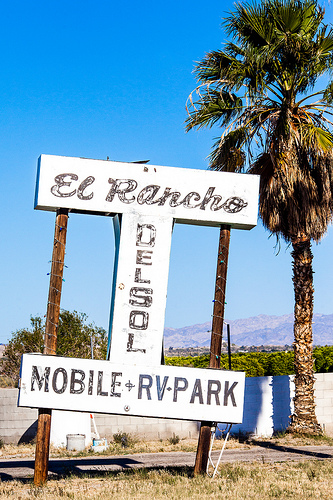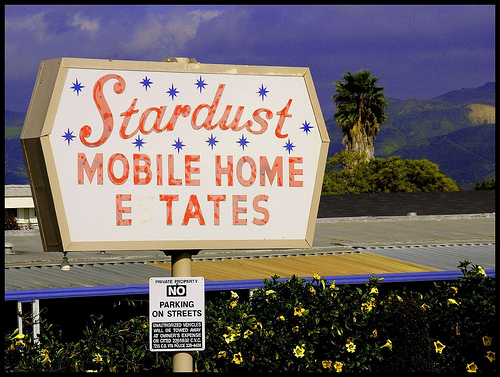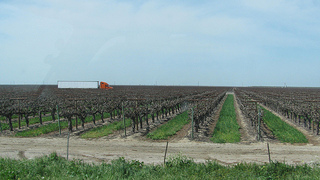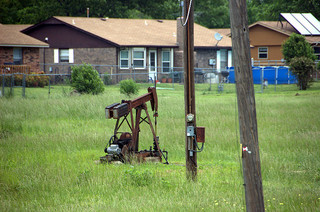Judicial reference, unlike arbitration, works within the court system. A lawsuit is filed, and the judge appoints a referee to assist in the case, or decide it on their own. Parties can agree, in their contracts, that disputes are to be determined by a general judicial reference. This means the entire dispute is to be resolved by a referee. An advantage of judicial reference over other forms of dispute resolution (read ‘binding arbitration’) is that a referee’s decision is treated like a judge’s decision for purposes of appeal. On the other hand, an arbitrator’s decision cannot be appealed for errors of fact or law, as I have railed about several times in this blog. But as some parties found out in a 2011 decision, a judicial reference provision is not a guaranty that the dispute will be decided by a referee, and parties interested in reference should consult with a Sacramento business and real estate attorney as to what is possible. In this case the California Supreme Court concluded that a judge could decline to appoint a referee if there is a possibility of conflicting rulings on a common issue of law or fact.
 In Tarrant Bell Property, LLC v. The Superior Court, 120 residents of a mobile home park in Alameda County sued the park owners complaining that they had not maintained the common areas of the park and subjected residents to substandard living conditions. Of those residents, 100 residents’ leases had a provision that provided that disputes were to be resolved, first, by arbitration, or should the arbitration provision be found to be unenforceable, by general judicial reference. Key here is that the remaining 20 residents, 17% of the total, had leases that did not require arbitration and reference.
In Tarrant Bell Property, LLC v. The Superior Court, 120 residents of a mobile home park in Alameda County sued the park owners complaining that they had not maintained the common areas of the park and subjected residents to substandard living conditions. Of those residents, 100 residents’ leases had a provision that provided that disputes were to be resolved, first, by arbitration, or should the arbitration provision be found to be unenforceable, by general judicial reference. Key here is that the remaining 20 residents, 17% of the total, had leases that did not require arbitration and reference.
The plaintiffs asked the judge to order arbitration or reference, the park owners opposed either. The trail court judge refused to order arbitration or reference. The opinion does not describe why the court denied arbitration, but focuses instead on denial of reference.
 California Real Estate Lawyers Blog
California Real Estate Lawyers Blog


 In
In  In
In  In
In  In
In In
In  In a recent decision the court enforced a general reference provision that did not include an explicit waiver of a jury trial. In
In a recent decision the court enforced a general reference provision that did not include an explicit waiver of a jury trial. In The Civil Code
The Civil Code In
In  The judge was not impressed by Gavina’s conduct. Because of the nature of the suit (quiet title), it first addressed the question of whether the option itself created a contract, or was merely an executable contract to make a lease. It found the intent of the parties, as expressed in the option agreement, to set forth in both the option and the attached form of lease all the terms and conditions on which Gavina’s offer to lease was made. By exercising the option, Smith accepted the offer and agreed to the lease on the those terms. The requirement of a written lease was satisfied. (
The judge was not impressed by Gavina’s conduct. Because of the nature of the suit (quiet title), it first addressed the question of whether the option itself created a contract, or was merely an executable contract to make a lease. It found the intent of the parties, as expressed in the option agreement, to set forth in both the option and the attached form of lease all the terms and conditions on which Gavina’s offer to lease was made. By exercising the option, Smith accepted the offer and agreed to the lease on the those terms. The requirement of a written lease was satisfied. (